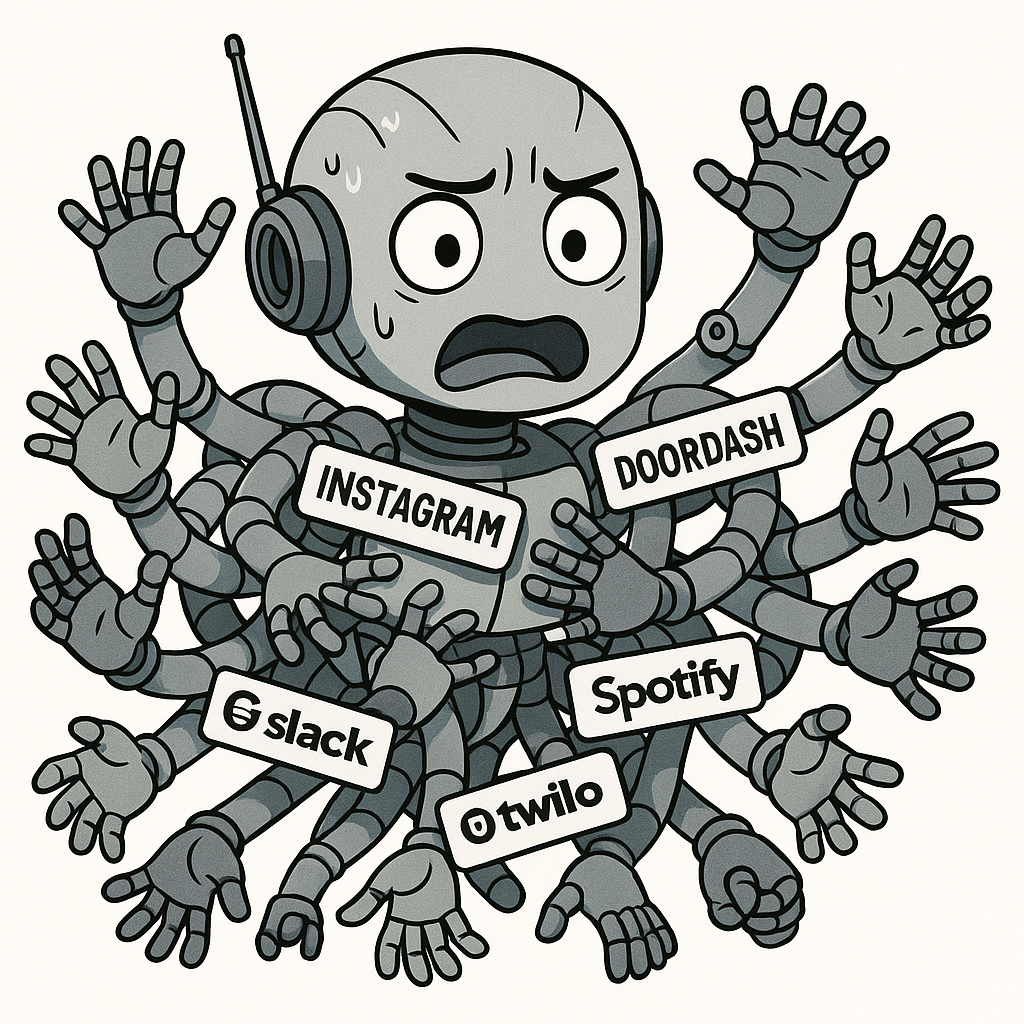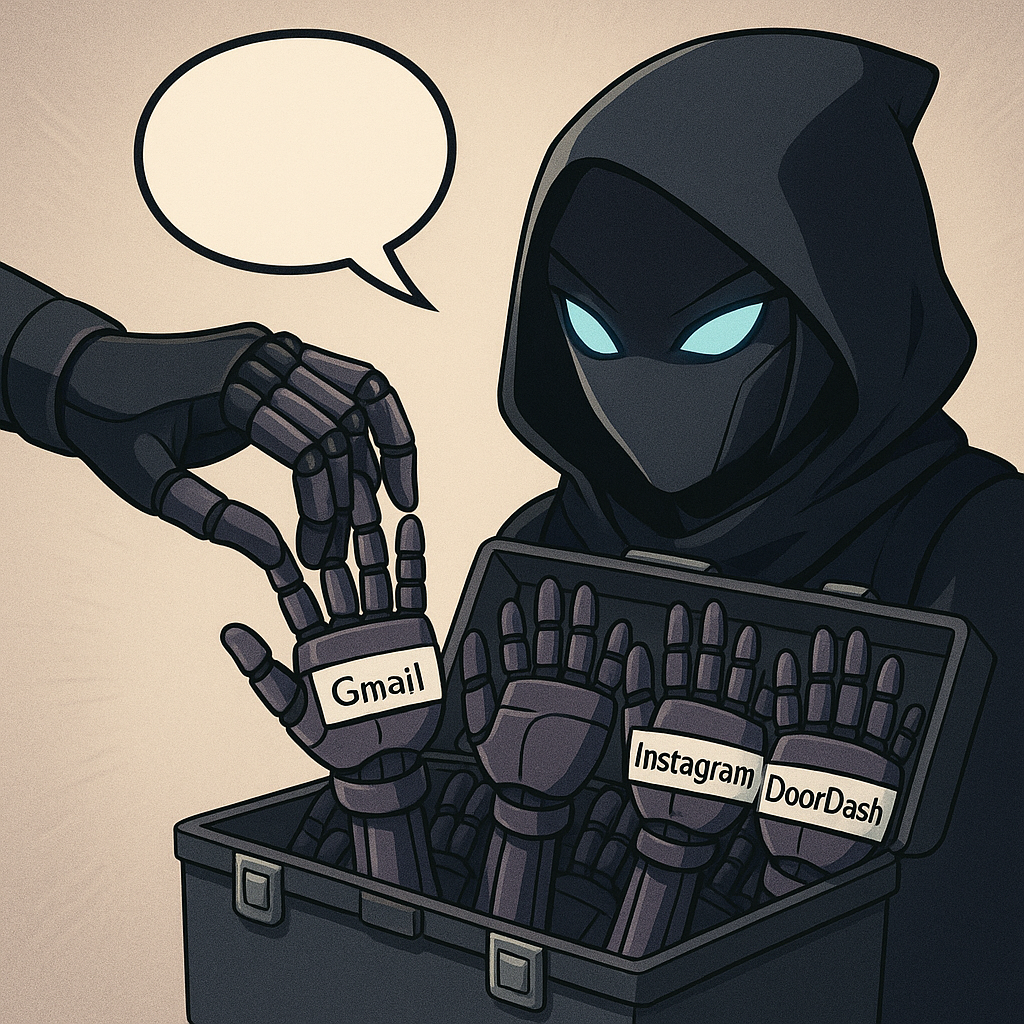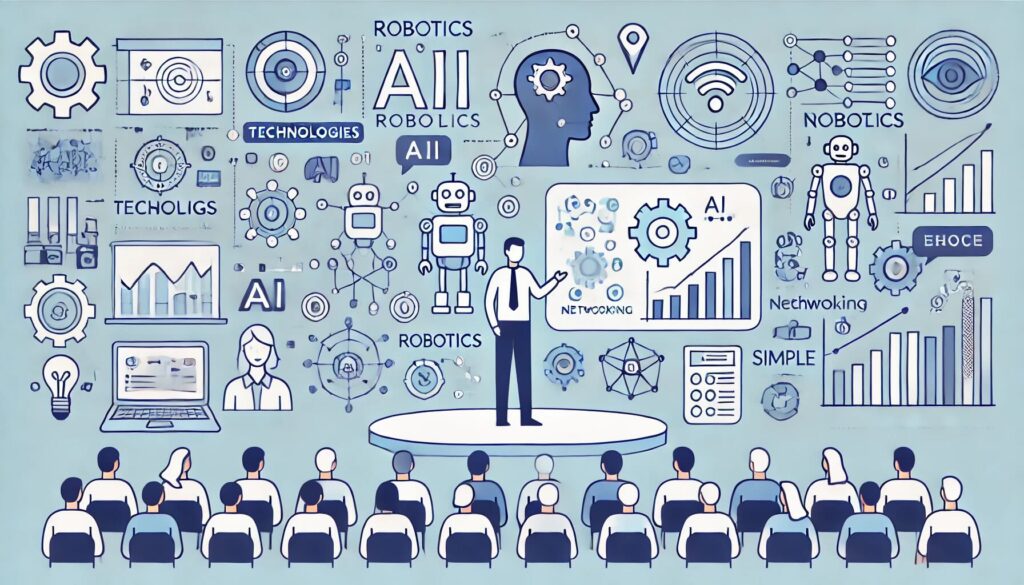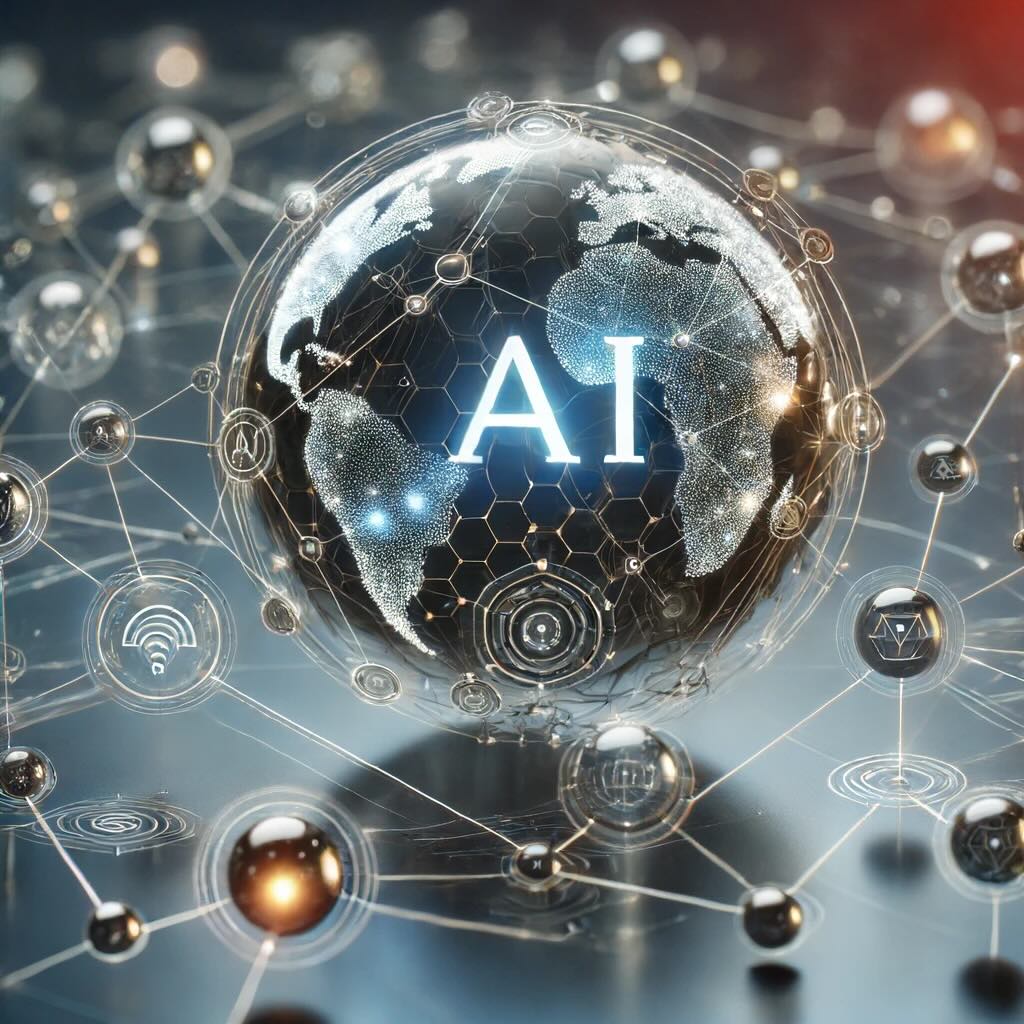If you haven’t read the note below from Micha Kaufman, CEO of Fiverr, to his team about AI coming for their jobs, you should. So do that, then come back here.
Done? Good. I agree with Micha. I’m a technology executive going through massive personal and professional change, and loving it. Personally, I’ve adapted to working with a team of machines that equip me with adjacent capabilities that were once inaccessible, too expensive, or unavailable. Professionally, they are a part of my everyday. So, what’s changed?
- I subscribe to OpenAI, Google, and Perplexity.
- I use Google Search less, and perplexity.ai more.
- I work in Google Docs for fast writing, cross-referencing to OpenAI via Canvas.
- I search in perplexity.ai, delegating to other models such as Claude, Gemini, and ChatGPT.
- I generate images through all the models.
- I draft plans, execute strategies, build hypotheses, analyze work, and summarize research.
- I develop code, launch applications, test systems, and validate thinking.
- I have shifted from information pulled from outside to insights pushed to me inside.
- I create a lot, but curate even more.
- I am always learning how to do things smarter.
In short, assume you can always get the answer. The challenge I’m finding is how do you ask better questions to shorten the distance between request and response. The ten things above help me ask the right question, within the right context, for the right outcome.
–
Fivrr @ Micha Kaufman
Hey team,
I’ve always believed in radical candor and despise those who sugar-coat reality to avoid stating the unpleasant truth. The very basis for radical candor is care. You care enough about your friends and colleagues to tell them the truth because you want them to be able to understand it, grow, and succeed.
So here is the unpleasant truth: AI is coming for your jobs. Heck, it’s coming for my job too. This is a wake-up call.
It does not matter if you are a programmer, designer, product manager, data scientist, lawyer, customer support rep, salesperson, or a finance person – AI is coming for you.
You must understand that what was once considered ‘easy tasks’ will no longer exist; what was considered ‘hard tasks’ will be the new easy, and what was considered ‘impossible tasks’ will be the new hard. If you do not become an exceptional talent at what you do, a master, you will face the need for a career change in a matter of months. I am not trying to scare you. I am not talking about your job at Fiverr. I am talking about your ability to stay in your profession in the industry.
Are we all doomed? Not all of us, but those who will not wake up and understand the new reality fast, are, unfortunately, doomed.
What can we do? First of all, take a moment and let this sink in. Drink a glass of water. Scream hard in front of the mirror if it helps you. Now relax. Panic hasn’t solved problems for anyone. Let’s talk about what would help you become an exceptional talent in your field:
- Study, research, and master the latest AI solutions in your field. Try multiple solutions and figure out what gives you super-powers. By superpowers, I mean the ability to generate more outcomes per unit of time with better quality per delivery. Programmers: code (Cursor…). Customer support: tickets (Intercom Fin, SentiSum…), Lawyers: contracts (Lexis+ AI, Legora…), etc.
- Find the most knowledgeable people on our team who can help you become more familiar with the latest and greatest in AI.
- Time is the most valuable asset we have—if you’re working like it’s 2024, you’re doing it wrong! You are expected and needed to do more, faster, and more efficiently now.
- Become a prompt engineer. Google is dead. LLM and GenAI are the new basics, and if you’re not using them as experts, your value will decrease before you know what hit you.
- Get involved in making the organization more efficient using AI tools and technologies. It does not make sense to hire more people before we learn how to do more with what we have.
- Understand the company strategy well and contribute to helping it achieve its goals. Don’t wait to be invited to a meeting where we ask each participant for ideas – there will be no such meeting. Instead, pitch your ideas proactively.
- Stop waiting for the world or your place of work to hand you opportunities to learn and grow—create those opportunities yourself. I vow to help anyone who wants to help themselves.
If you don’t like what I wrote; If you think I’m full of shit, or just an asshole who’s trying to scare you – be my guest and disregard this message. I love all of you and wish you nothing but good things, but I honestly don’t think that a promising professional future awaits you if you disregard reality.
If, on the other hand, you understand deep inside that I’m right and want all of us to be on the winning side of history, join me in a conversation about where we go from here as a company and as individual professionals. We have a magnificent company and a bright future ahead of us. We just need to wake up and understand that it won’t be pretty or easy. It will be hard and demanding, but damn well worth it.
This message is food for thought. I have asked Shelly to free up time on my calendar in the next few weeks so that those of you who wish to sit with me and discuss our future can do so. I look forward to seeing you.
Yours,
Micha
GO BACK










